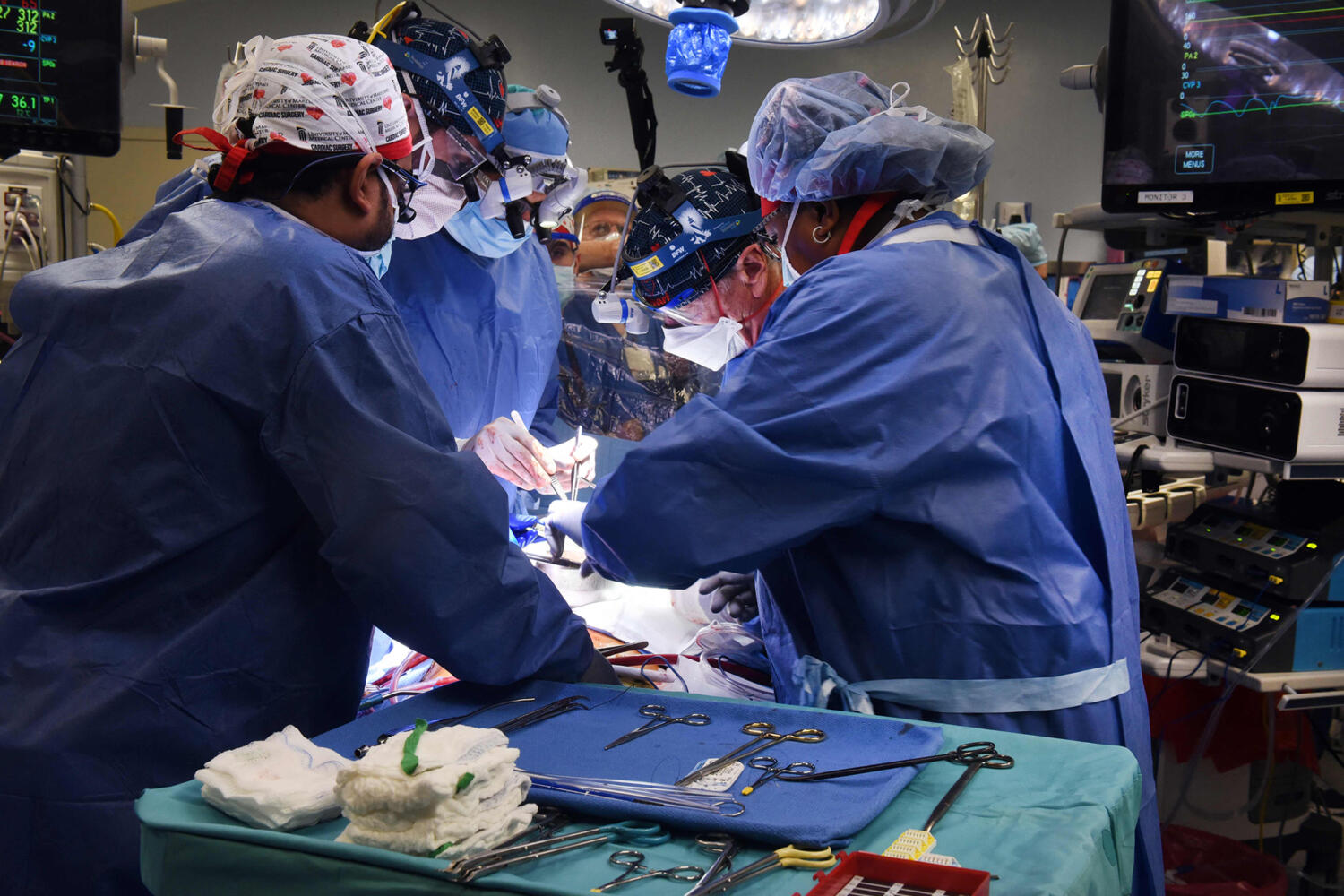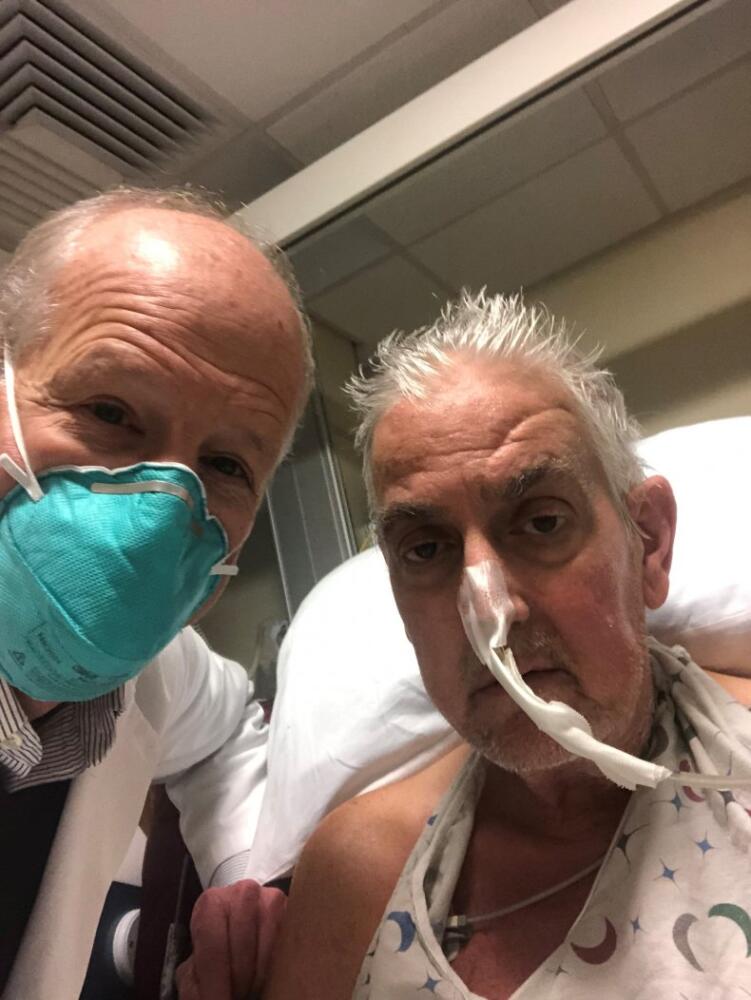
Jack Wolfsohn | Writer
14 January, 2022
The average wait time for a heart donor and transplant is around six months, but the wait can greatly vary— some people even wait years. Though there are plenty of examples of patients receiving a heart in a few days, it’s not uncommon for a patient to die on the waiting list. Also, a patient’s condition can deteriorate during the wait time, potentially making a heart transplant fatal.
In David Bennett’s case, his condition was past the point of no return. Even if a heart was donated, it was unlikely he would survive the procedure. So, after a special dispensation by the US medical regulator, Bennett was given the option of undergoing a genetically modified pig heart transplant instead. Knowing that he would die without the transplant, he agreed.
The genetic modification of the pig heart is the most important aspect of the transplant because the added genes aid in the acceptance of the heart into the body. Pig hearts contain certain genes that cause the human immune system to attack the heart when transplanted. However, by removing those genes and adding human genes to the pig heart, it becomes indistinguishable from the original heart to the immune system.

“Well it’s too early to say what will happen, but using pig organs for other transplants has been done before,” junior Ryan Savoie said.
It really is too soon to say anything about the future for Mr. Bennett as he is currently receiving additional immunosuppression. The procedure and the heart itself are a huge gamble, but if they prove successful, genetically modified pig organs may someday be used for almost all organ transplants. The use of pig heart valves is already a common practice, and a pig’s kidneys were used in a successful transplant in Oct 2021.
“The advancements in medical science recently have been extraordinary,” junior Christian McCleary said. “A few decades ago, this kind of technology was only science fiction.”
Presently, there are over 100,000 people in America waiting for an organ donor that might never come or might be on the other side of the country with no way to transport the organ to the patient. As a result, 17 people die every day while waiting. The complex surgical process of a successful heart transplant coupled with futuristic gene-editing makes the procedure seems like an unrealistic dream for next generations. Yet it’s already here.
Even though it has only been a few days, Mr. Bennett’s continued life is proof that we should continue to explore the use of lab-made organs to save those in need. The phrase “only time will tell” may very soon become obsolete for those in need of an organ transplant. That’s a world that we would all like to live in.

Leave a Reply